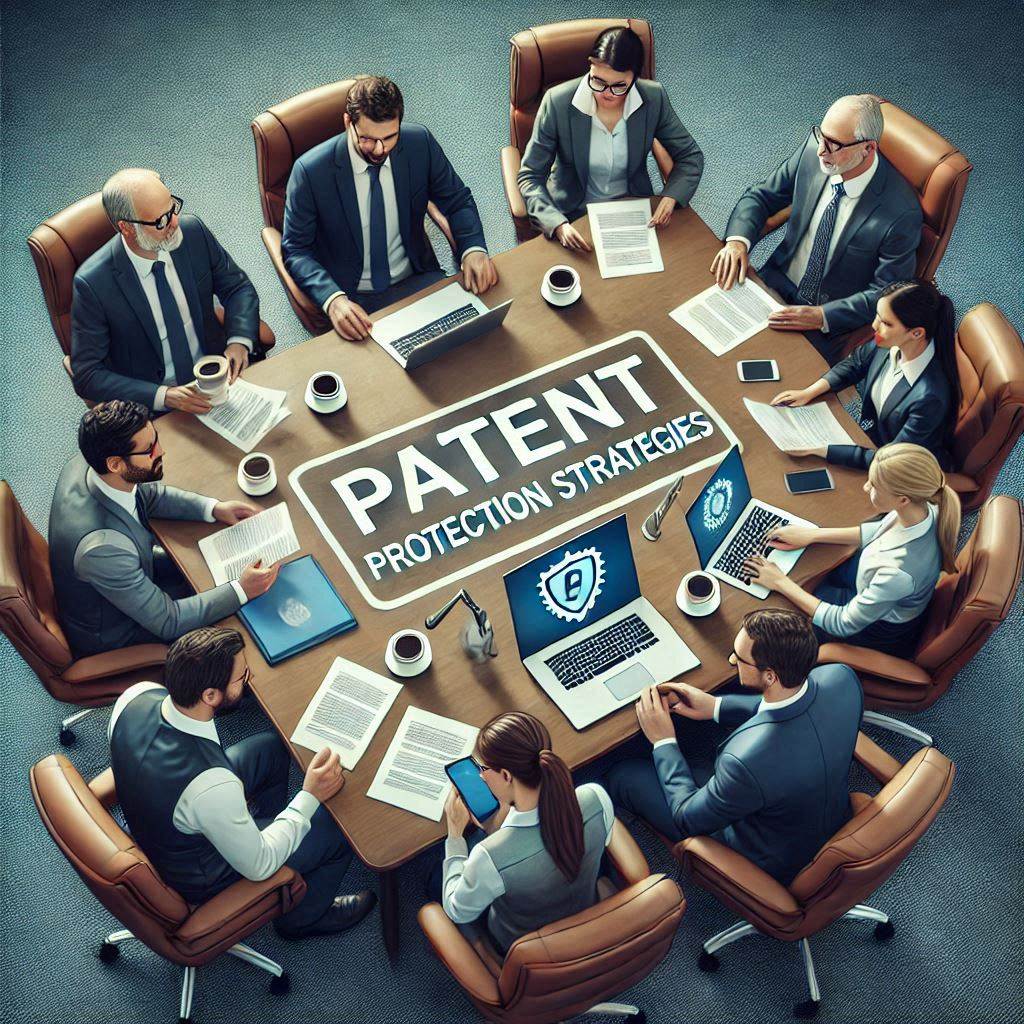

Patents are legal rights granted to inventors, providing them exclusive rights to produce, use, and sell their inventions for a limited time. This system aims to encourage innovation by ensuring that inventors can benefit financially from their creations.
Typically lasting around 20 years, patents require a detailed description of the invention and must fulfill criteria such as novelty, non-obviousness, and utility.
How long do patents typically last?
1. Assess Patentability: Ensure the invention is novel, non-obvious, and industrially applicable. Conduct a patent search to check for similar existing patents.
2. Prepare the Application: Draft the application, including a title, abstract, detailed specification, claims defining the invention’s scope, and drawings (if needed). Professional help is often recommended.
3. File the Application: Submit the application to a national, regional, or international patent office, such as the USPTO, EPO, or via the PCT.
4. Examination: The patent office reviews the application for compliance, novelty, and inventive step. Respond to any objections or required amendments.
5. Grant or Rejection: If approved, the patent is granted and published. If rejected, you can appeal or revise the application.
6. Maintenance: Pay maintenance fees periodically to keep the patent enforceable.
7. Enforce the Patent: Monitor for infringements and take legal action if necessary.
What is the first step in assessing whether an invention can be patented?
Patents are exclusive rights granted for inventions that meet specific criteria. Understanding the critical features of patents is essential for inventors and businesses to protect their innovations effectively.
For an invention to be patentable, it must be novel, meaning it cannot be previously known or used by others before the patent application date.
An invention should not be obvious to someone with ordinary skill in the field, ensuring that the patent addresses genuine innovation.
Patents must demonstrate utility, indicating that the invention has a practical purpose and offers identifiable benefits.
What does it mean for an invention to be considered 'novel' in the context of patents?
Patents serve as a vital tool for inventors and businesses, offering various advantages that can significantly enhance their competitive edge.
By securing exclusive rights, patents incentivize inventors to invest time and resources into research and development, fostering a culture of innovation.
Patents grant the owner a temporary monopoly on their invention, allowing them to control market entry and maximize financial returns.
The presence of patents can make a company more appealing to investors, as they signify potential for profit and market stability.
What is one reason why small inventors might not pursue patents?
Software patents protect inventions related to computer programs, algorithms, and systems. They play a crucial role in encouraging innovation by granting exclusive rights to developers and companies for their creations.
Obtaining a software patent involves navigating complex legal frameworks, including determining the patentability of software, which typically requires that the invention is novel, non-obvious, and useful.
The influence of software patents extends to startups and established companies alike, impacting competition and fostering environments where innovation can thrive through protection against infringement.
Hardware patents protect inventions related to physical devices and equipment. They play a crucial role in encouraging innovation in various fields, from consumer electronics to industrial machinery.
These patents are typically granted for new processes, machines, or compositions of matter, ensuring that inventors can control their inventions and potentially monetize their efforts.
The ethical issues surrounding patents involve complex questions about innovation, ownership, and access. As patents serve to protect inventors’ rights, they can sometimes create barriers to research and development, particularly in fields like medicine and technology.
One of the main ethical concerns is the impact of patents on access to essential goods, such as pharmaceuticals. High costs associated with patented drugs can limit availability for those in need, raising questions about fairness and equity.
Patents are meant to encourage innovation by granting exclusive rights to inventors. However, this exclusivity can sometimes stifle competition and hinder further advancements in technology.
What is one ethical concern related to patents in medicine?
Patents play a crucial role in fostering innovation within technology development. By granting exclusive rights to inventors, patents incentivize research and investment in new technologies.
However, the impact of patents is not entirely positive. While they encourage innovation, they can also lead to monopolistic practices, where patent holders may restrict access to technologies, potentially stifling further development and collaboration.
What is one of the main benefits of patents in technology development?
Protects inventions, processes, machines, or designs that are novel and useful.
Covers the functionality or method of an invention.
Typically 20 years from the filing date.
Must be novel, non-obvious, and industrially applicable. Requires a formal application and examination.
A new type of engine or software algorithm
How long does a patent typically last?